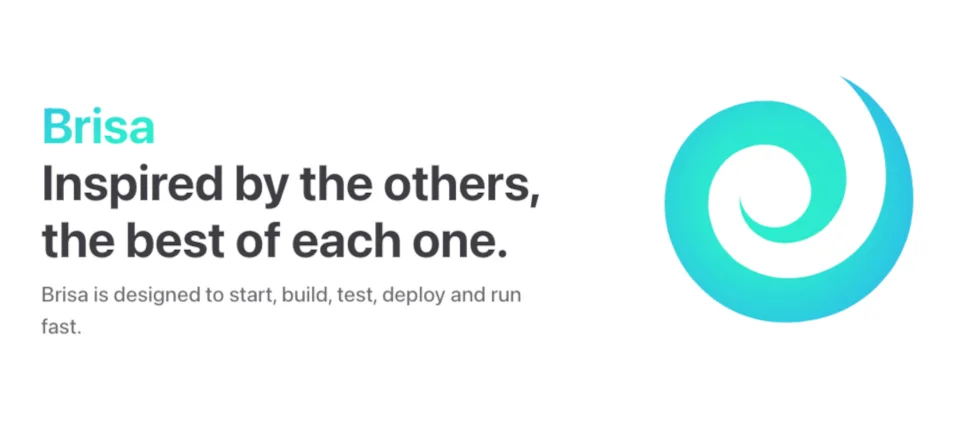Navigating the Digital Nomad Life: Weighing Cloud Nine Against Stormy Skies

Embracing the digital nomad trend, businesses today face the intricate task of blending remote work culture into their operational fabric. This shift demands reimagined leadership, enhanced cybersecurity, and a mutual pledge for flexibility and accountability between employers and employees. As companies navigate this terrain, the journey toward a hybrid work environment unfolds, marked by collective wisdom and innovation. Would you be ready to make the transition smoother? Zenet Technology is your go-to partner for seamlessly shifting to this new frontier.
Table of Contents
- Table of Contents
- Refining Leadership for a Remote Workforce
- Balancing Act: Flexibility and Accountability
- Mutual Adaptation: The Keystone of Remote Work
- Productivity: The Global Highs
- Cultivating Ownership and Motivation
- Security and Support in the Digital Realm
- Navigating Forward with Collective Wisdom
- Conclusion
As technology advances, it continuously reshapes the business landscape. One significant change we've embraced in the technology sector is the rise of digital nomads. This remote work culture brings challenges and opportunities, demanding a strategic rethink of traditional business models. Here, we delve into the practicalities of this shift, highlighting the imperative of robust leadership, mutual flexibility, and a shared commitment to maintaining professional standards and security in a digital age.
Refining Leadership for a Remote Workforce
Effective leadership within a nomad-centric business model extends beyond mere management. It involves fostering a culture of autonomy, accountability, and human connection. This means setting clear expectations, providing consistent feedback, and utilising technology to maintain a cohesive corporate culture. It's not about overseeing every detail but empowering employees with the right tools and support, encouraging personal investment in the company's mission.
Balancing Act: Flexibility and Accountability
The appeal of flexibility is a massive draw for current and prospective employees, marking a company as a modern, empathetic employer. However, this flexibility must be a two-way street. While enjoying remote work's freedom, employees must meet the company halfway, demonstrating reliability, meeting deadlines, and producing quality work. This balance is crucial; without it, the system falters. It’s about building a reciprocal relationship of trust, where flexibility becomes a catalyst for dedication and high performance, not an excuse for complacency.
Mutual Adaptation: The Keystone of Remote Work
Success in a remote environment requires a shared effort between the employer and the employee. Companies must invest in secure, efficient technology and create policies that respect diverse lifestyles. Conversely, employees must adapt, hone digital communication skills, manage their time effectively, and remain professionally engaged. When both parties commit to adapting, the model thrives.
Productivity: The Global Highs
Picture this: your project benefits from the creative sparks of a team member who's just been hiking in the Andes, another working seaside in Bali, and a third soaking up café culture in Barcelona. The diverse environments in which digital nomads find themselves can ignite levels of inspiration that the traditional office space might not kindle. However, the varying time zones and schedules present a jigsaw puzzle of coordination. Herein lies our role: creating a symphony of productivity from the cacophony of global inspiration.
Cultivating Ownership and Motivation
Remote work shouldn’t equate to remote interest when employees feel like integral parts of the organisational mechanism, motivation and productivity surge. Establishing systems that promote responsibility and celebrate initiative is key. Regular virtual team huddles, recognition of accomplishments, and transparent communication about company developments all contribute to an inclusive atmosphere where employees feel vested in the company’s future.
Security and Support in the Digital Realm
The digital sphere is fraught with risks, from data breaches to burnout. Companies must establish stringent cybersecurity protocols and provide continual IT support to protect sensitive assets. Additionally, recognising the unique challenges of remote work, providing resources for mental health, and encouraging a proper work-life balance are critical for sustainable operation.
Navigating Forward with Collective Wisdom
In this journey, feedback isn’t just valuable; it’s essential. Constructive input from your remote team helps refine strategies, tools, and workflows. It’s about building a collective reservoir of wisdom, drawing from experiences, and innovating. This collaborative approach finds and fixes gaps and propels the company forward through shared insights and unity.
In essence, thriving in the era of digital nomads requires businesses to be dynamic, empathetic, and security-conscious. It’s a compelling call to elevate operational norms, embrace a mutual respect and adaptation culture, and uphold a commitment to excellence, regardless of geographical scattering. The path has its share of hurdles, but with concerted effort and shared responsibility, companies and their remote teams can turn these challenges into innovation milestones, setting new standards for the future of work.
Conclusion
Diving in the digital nomad era requires dynamic, empathetic, and security-conscious businesses. It’s a compelling call to elevate operational norms, embrace a mutual respect and adaptation culture, and uphold a commitment to excellence, regardless of geographical scattering. The path has its share of hurdles, but with concerted effort and shared responsibility, companies and their remote teams can turn these challenges into innovation milestones, setting new standards for the future of work.
Need help transitioning to a more remote or hybrid culture? Zenet Technology is your trusted partner in this transformation, offering tailored solutions that streamline the shift and set your business up for sustained success in the new digital frontier.
Brisa public release: Why do we want to use Brisa?
Brisa is a modern web framework that simplifies the complexity of SSR with a focus on web-components. It clearly defines server and client data flows using the power of signals. With minimal overhead and a straightforward structure, Brisa has a minimal learning curve, high efficiency, and a clear approach to data management.
Zenet Technology Onboards Brisa: A New Era of Web Development
Zenet Technology has integrated the innovative "Brisa" framework into our website, developed by @aralroca. Launching in September 2024, Brisa combines the best features from leading technologies to offer a lightning-fast, versatile framework for web development. Stay tuned for more updates and follow @zenettechnology @aralroca for the latest news.
Breaking Down the Factors that Affect Development Costs
Are you planning to develop a new software or application but want to know the costs? Well, you're not alone. Developing a software application can be a complex and costly process. Many factors can impact development costs, from people to technology to design to many factors. This article will discuss the key factors affecting development costs and explore how each can impact your project. By understanding these factors, you can better manage your development costs and bring your project to success. So, let's dive in and explore the world of software development costs!


